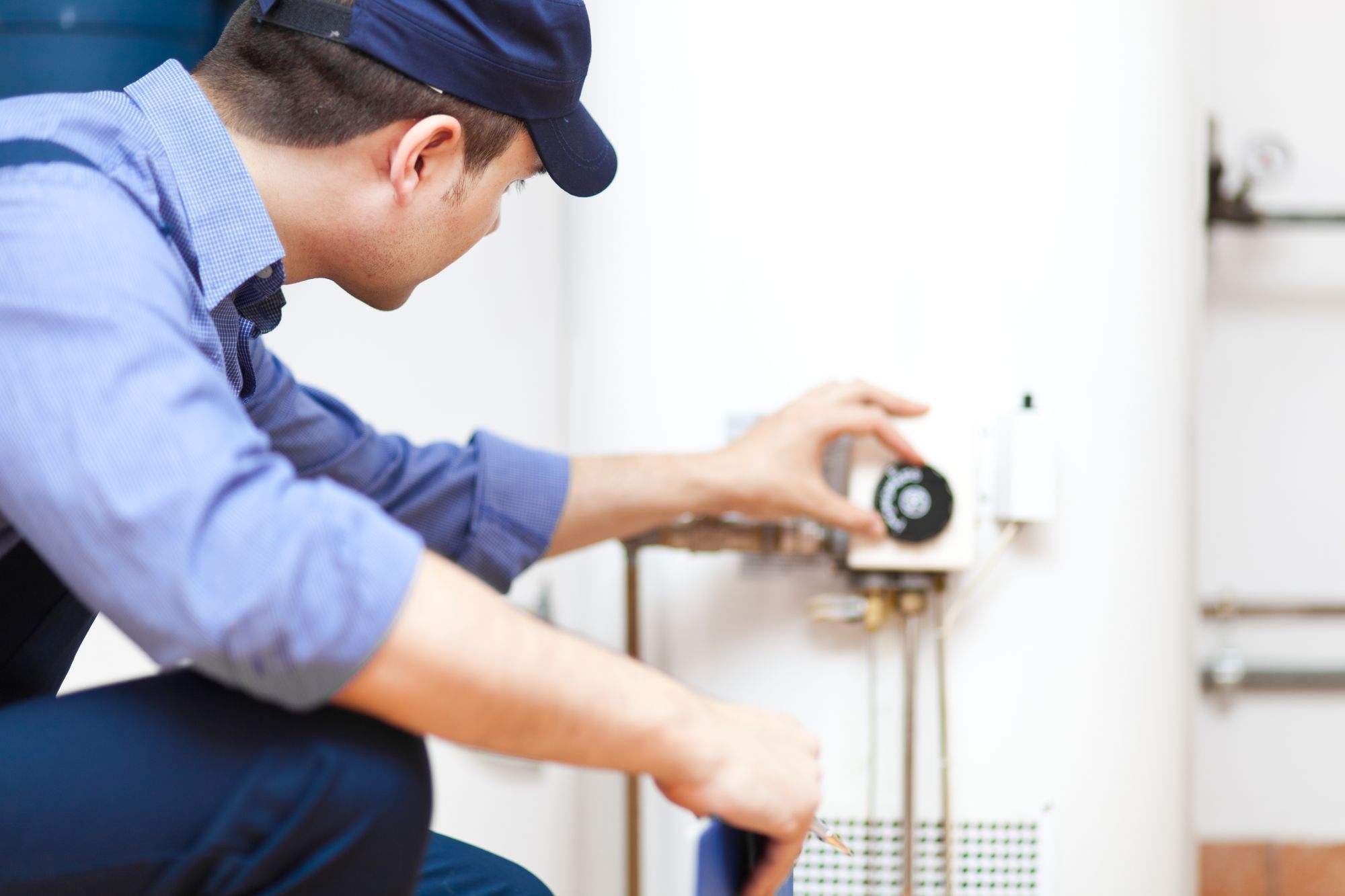
With rows of water heaters lining any home improvement store's walls, consumers are often overwhelmed by all the choices. From sizing it to selecting a fuel source, the best water heater is truly up to the individual. Take a look a just some of the features to consider on the next shopping trip.
Getting Started with Water Heaters
Water heaters have a simple task, but complex functions working internally. In general, they heat the water throughout the home when requested. This basic description is where water heaters diverge into different shapes, sizes and heating concepts. You'll need to know which fuel source you have handy or if a new one can be installed for a modern update. With this information in mind, you can choose between other features offered in nearly any store.
Types of Water Heaters Available
There used to be a standard water heater type in tank models. Today's modern styles offer so much more than just a storage facility. Select between the two common types, either tank or tankless, and venture further into alternative power sources for the perfect purchase.
Two Common Types
- Tankless Models. As one of the newest styles on the market, tankless heaters use an internal element to warm water as it passes through the appliance. There's no need to store water with this model.
- Traditional Tanks. Tank water heaters are the tried-but-true appliances allowing water to constantly flow to the faucet until the supplies run out. Water needs time to warm in the tank before dispersal, however.
Modern Heater Types
- Solar Power. Instead of relying on natural gas or electricity, outfit your heater with solar power. The free energy from the sun reduces water heating costs and makes the system perfect for a future home sale.
- Hybrid Electricity. Help your electricity bill by adding a hybrid electrical heater, using electricity and a heat pump. With natural heat extraction from the air, the tank uses less power than a standard electrical tank.
Common Water Heater Features
Although they have a benign existence, water heaters do have various features that should be considered before purchasing. Some features even add to the appliance's longevity with automatic cleaning.
- Size. Each water heater is sized for a household based on the number of showers, bathtubs and sinks. You'll need a heater that's at least the size of the original or slightly larger. Busy families may want to upgrade to a bigger tank to supply more hot water at any one time.
- Mineral Scale Control. Corrosion is the eventual death of the heater because minerals eat away at the internal parts. Some models offer mineral scale control, using rods and other technology to impede corrosion from taking over. However, corrosion must still be controlled using yearly maintenance tables and professional guidance.
- Display Type. Look for digital displays on some newer models, but more budget-friendly types are still using basic LED lights and mechanical knobs for slight adjustments. Because heaters mainly have temperature control on their display, it isn't really necessary to pay more for a digital look.
- Valve Material. Heaters use a drain valve for servicing, but many manufacturers cut costs by adding plastic ends. Select a metal drain valve, such as brass, to ensure proper connection with a hose during draining processes.
- Warranty Length. All heaters have widely varied warranty lengths, usually adding more years to higher end models. Look for a warranty closer to 10 years long. This time frame is about the life of the heater, depending on use and care. Anything outside this time and you'd be better off with a brand new purchase.
- Fuel Source. Aside from solar and hybrid electric, the only other power sources available now are full electric, oil or natural gas models. Gas tends to be less expensive across the board, but some consumers appreciate the convenience of electricity. Oil is often reserved for specific areas with ample supplies.
Brands to Look For
The most common brands offer some of the most reliable heaters in the industry. Research models provided by Rheem, General Electric, Whirlpool and Kenmore. They all have standard warranties supporting their operation and long-term reputations in the industry. Look over their pros and cons to find the right appliance for your home.

